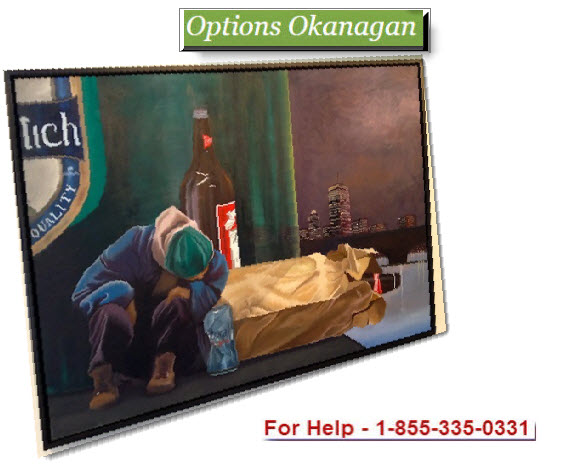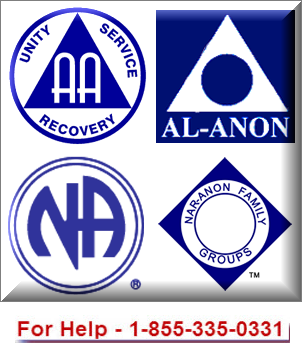How does Alcoholism impact and effect the Family?
An alcoholic household atmosphere and surroundings are characterized and known by chaos, mayhem, unpredictability, volatility, hostility, violence, fear, and loneliness. Substance abuse and dependency in the home has a devastating and disastrous impact on just about all the members of the household, not just the actual alcoholic. Alcohol becomes the main source or focal point in the family circle. Young children, fueled and motivated by embarrassment, humiliation, shame or even a desire to protect and safeguard the alcoholic mother or father from being hurt or injured, will learn to protect and guard their family secret.

The spouse and all the children in the family of an alcoholic struggle and have difficulty with the roundabout or direct messages that they receive from the alcoholic family member, each of which has a psychological negative impact and effect. The damage and harm done by an alcoholic mother or father is vast and substantial. Alcoholics have a tendency for high expectations of others, including their very own children. When these types of expectations are not really met, the alcoholic will become angry and upset and withhold love and affection. This indirectly conveys to the child that they’re bad and unlovable. Youngsters are constantly seeking the actual approval of their own mother and father, especially within their early years, and alcoholics have trouble and difficulty giving this to their children.

Alcoholics struggle and have a problem with expressing accurate emotions and feelings. Alcoholics will have emotional outbursts, crying, sobbing, rage and even excitement; however their own emotions are generally impacted and influenced by intoxication and drunkenness. They have a ‘blackened or whitened’ way of thinking and therefore are unable to move around in gray areas. This way of thinking is either just about all bad or all good as it relates and pertains to situations and scenarios, with absolutely no room for flexibility or freedom. For children, flexibility and freedom is key in understanding and knowing that mistakes tend to be part of the learning process and do not equal failure. For instance, an alcoholic may directly communicate frustration and aggravation through name calling or shaming the child in public, which also conveys that they’re bad and unacceptable.

Options Okanagan Alcohol Treatment Center
Toll Free Phone Number : 1-855-335-0331
